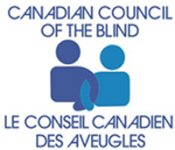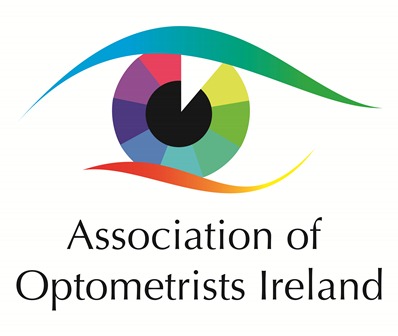 The Canadian Council of the Blind (CCB) says vision care isn't the healthcare priority it should be for the governments, given that one in four elderly Canadians will experience vision problems. The Council's poll showed more than two-thirds of Canadians feel regular eye exams and vision care should be covered as part of provincial health plans. The council also applauds provincial governments for adding Lucentis to their Drug Formularies for the treatment of Diabetic Macular Edema (DME) and Retinal Vein Occlusion (RVO). CCB does not approve the use of "off label" drugs in eye treatments. We support drugs approved by Health Canada for eye conditions. A new study has raised safety issues with this use so CCB is calling on the government to ensure patient safety is put before costs by only providing the treatment approved by Health Canada. This is an example of how vision care is often not given the priority or resources it should by our health system. Read more.
The Canadian Council of the Blind (CCB) says vision care isn't the healthcare priority it should be for the governments, given that one in four elderly Canadians will experience vision problems. The Council's poll showed more than two-thirds of Canadians feel regular eye exams and vision care should be covered as part of provincial health plans. The council also applauds provincial governments for adding Lucentis to their Drug Formularies for the treatment of Diabetic Macular Edema (DME) and Retinal Vein Occlusion (RVO). CCB does not approve the use of "off label" drugs in eye treatments. We support drugs approved by Health Canada for eye conditions. A new study has raised safety issues with this use so CCB is calling on the government to ensure patient safety is put before costs by only providing the treatment approved by Health Canada. This is an example of how vision care is often not given the priority or resources it should by our health system. Read more.
 Across the water in Ireland, Eircom reports that “figures from the HSE obtained by the Association of Optometrists Ireland (AOI) show the waiting time for a follow up eye examination is 47 months in Kildare. The waiting time was recently reported to be three years in Dublin and is at least two years in other parts of the country. The AOI's optometric adviser, Lynda McGivney-Nolan, said the school eye screening system was failing children - they were being treated too late and were not been tested sufficiently for reading vision difficulties.” Read more.
Across the water in Ireland, Eircom reports that “figures from the HSE obtained by the Association of Optometrists Ireland (AOI) show the waiting time for a follow up eye examination is 47 months in Kildare. The waiting time was recently reported to be three years in Dublin and is at least two years in other parts of the country. The AOI's optometric adviser, Lynda McGivney-Nolan, said the school eye screening system was failing children - they were being treated too late and were not been tested sufficiently for reading vision difficulties.” Read more.
In the U.S., vision care for children theoretically should improve with the implementation of the Affordable Care Act (ObamaCare), which mandates coverage for children’s vision care. Many of the insurance programs in the health exchanges do not provide for refractive care for adults.

No comments:
Post a Comment